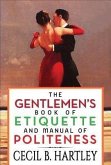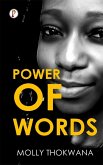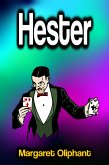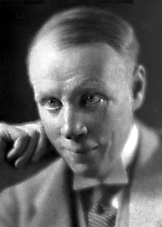Sinclair Lewis's "Mantrap" is a keenly observed narrative that delves into the complexities of human relationships and societal expectations, set against the backdrop of the rugged Canadian wilderness. The novel employs a blend of incisive realism and satirical prose, hallmark traits of Lewis'Äôs literary style, to explore themes of love, desire, and the disillusionment of ambition. Through its depiction of an unconventional love triangle, the plot reveals the contradictions and struggles faced by its characters, reflecting the changing landscape of American morals during the 1920s. Lewis, a groundbreaking author and the first American to win the Nobel Prize in Literature, often drew inspiration from his own experiences living in small towns and engaging with the societal mores of his time. "Mantrap," published in 1926, showcases his acute awareness of the human condition and his tendency to critique the very fabric of American society. This work was undoubtedly influenced by Lewis'Äôs deep understanding of human motivations and a desire to unravel the underlying tensions within relationships and societal structures. Readers looking for a thought-provoking examination of interpersonal dynamics amidst an evocative setting will find "Mantrap" both engaging and enriching. Lewis'Äôs blend of keen social criticism and lyrical storytelling invites readers to reflect on their own lives while captivating them with the wilderness'Äôs untamed charm. Highly recommended for those interested in classic American literature and the evolution of social commentary.
Dieser Download kann aus rechtlichen Gründen nur mit Rechnungsadresse in A, B, BG, CY, CZ, D, DK, EW, E, FIN, F, GR, H, IRL, I, LT, L, LR, M, NL, PL, P, R, S, SLO, SK ausgeliefert werden.










